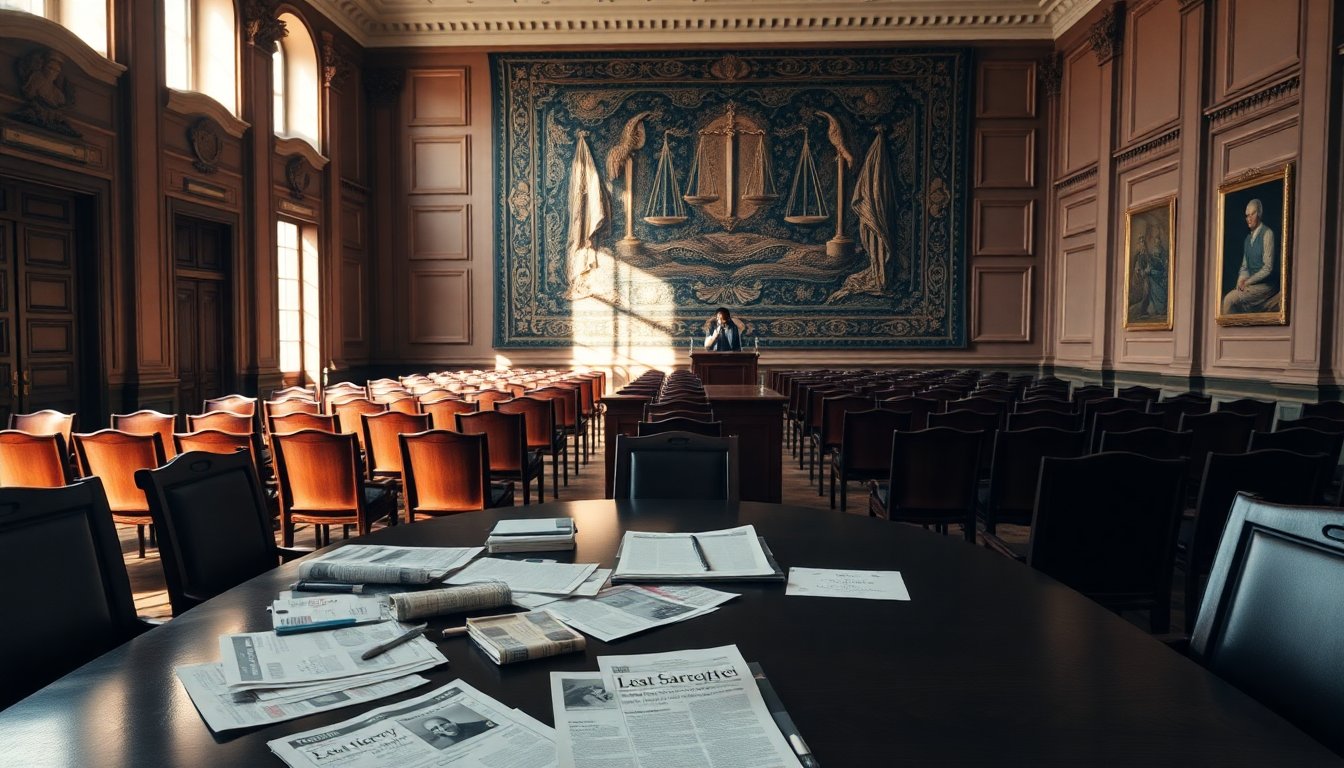Table of Contents
In a significant legal development, former French president Nicolas Sarkozy has received a five-year prison sentence for his role in a scheme to secure campaign financing from the regime of Libyan leader Moammar Gadhafi. This ruling highlights the ethical dilemmas that arise at the intersection of politics and foreign relations.
The case against Sarkozy
The court’s decision was based on evidence indicating that Sarkozy conspired to obtain substantial financial support for his 2007 presidential campaign. This funding allegedly originated from Gadhafi’s government, notorious for its authoritarian practices. The conviction not only reflects Sarkozy’s actions but also raises concerns about the influence of foreign powers in domestic politics.
Details of the conviction
During the trial, prosecutors presented a wealth of documents and testimonies detailing how Sarkozy’s campaign sought Libyan funds. Reports suggest that the funding amounted to millions of euros, significantly bolstering his electoral efforts. The court concluded that this was not a mere lapse in judgment, but a calculated move to engage with a controversial foreign leader for political gain.
The charges against Sarkozy included corruption and conspiracy, leading to a verdict that has reverberated through the French political landscape. Critics have long accused Sarkozy’s administration of showing an unsettling affinity for authoritarian regimes, and this ruling appears to validate those claims.
Broader implications for French politics
Sarkozy’s conviction is likely to have lasting effects not only for him but also for the entire political landscape in France. As discussions about political financing and ethical governance intensify, this case serves as a cautionary tale. The intertwining of political ambition and foreign influence is under unprecedented scrutiny.
Reactions from the political community
Following the verdict, reactions have emerged from across the political spectrum. Some have called for a reassessment of campaign financing regulations in France, emphasizing the need for stricter laws to prevent foreign interference in domestic elections. Others have raised concerns about the precedent this case sets for future leaders and their accountability.
The ruling has also sparked discussions on the broader implications for France’s international relations, particularly with nations like Libya, whose political climate remains unstable. The fallout from this case could affect diplomatic ties and influence perceptions of France’s political integrity globally.
The legacy of Sarkozy’s presidency
Nicolas Sarkozy’s presidency was characterized by a blend of controversial policies and a personal style that often polarized public opinion. While he took a proactive stance on issues such as economic reform and foreign policy, the impact of this conviction may overshadow his achievements.
Historians and political analysts will likely debate the long-term consequences of this case on Sarkozy’s legacy. It serves as a reminder of the complex relationships between politicians and international figures and how these connections can lead to ethical dilemmas that challenge the foundations of democratic governance.
As the implications of this verdict unfold, Sarkozy’s future remains uncertain. He has indicated plans to appeal the ruling, which could prolong legal disputes and complicate his public image. Nonetheless, this case will undoubtedly remain a crucial chapter in the narrative of modern French politics.


